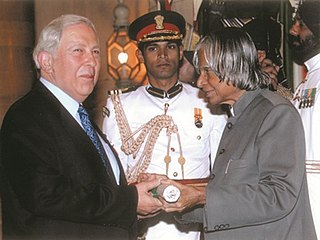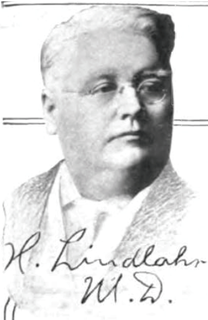A Quote by Mary Tyler Moore
Chronic disease like a troublesome relative is something you can learn to manage but never quite escape.
Related Quotes
Every effective drug provokes in the human body a sort of disease of its own, and the stronger the drug, the more characteristic, and the more marked and more violent the disease. We should imitate nature, which sometimes cures a chronic affliction with another supervening disease, and prescribe for the illness we wish to cure, especially if chronic, a drug with power to provoke another, artificial disease, as similar as possible, and the former disease will be cured: fight like with like.
HIV/AIDS from converted from a lethal disease into a chronic disease because basic scientists' fundamental research was done that illuminated aspects of that virus and allowed the generation of therapies like antiretroviral therapies. And so now HIV/AIDS is not a lethal disease, it is a chronic disease.
Skepticism, as I said, is not intellectual only; it is moral also; a chronic atrophy and disease of the whole soul. A man lives by believing something; not by debating and arguing about many things. A sad case for him when all that he can manage to believe is something he can button in his pocket, and with one or the other organ eat and digest! Lower than that he will not get.
I have chronic - well, I like to call it late-stage Lyme disease and not chronic, because I like to think someday I'll be all the way cured. It took me a really long time to get diagnosed, and I was misdiagnosed for a long, long time. I was very ill during the end of Le Tigre, which was kind of why that ended, amongst other things.
I feel like I leave every single project feeling like I didn't quite do as good as I wanted to do on it, and I have to just look forward to the next one to try and do better. Because you never quite hit the heights you have in your head for what you're going to do. But you learn something each time, which is important.
I could take the greatest deal-makers of all time and they've always had something that didn't quite work out. You never want to put yourself in the position where something not working out is bigger than what you are and therefore takes you down. It's got to be in smaller chunks. In all cases, I want to learn something from things that didn't quite work out and learn, so that it doesn't happen again or so that in the future, you make great decisions. You don't want to make the same mistake twice and you have to learn that early on in your life.
If you manage a team of 10 people, its quite possible to do so with very few mistakes or bad behaviors. If you manage an organization of 1,000 people it is quite impossible. At a certain size, your company will do things that are so bad that you never imagined that youd be associated with that kind of incompetence.




































